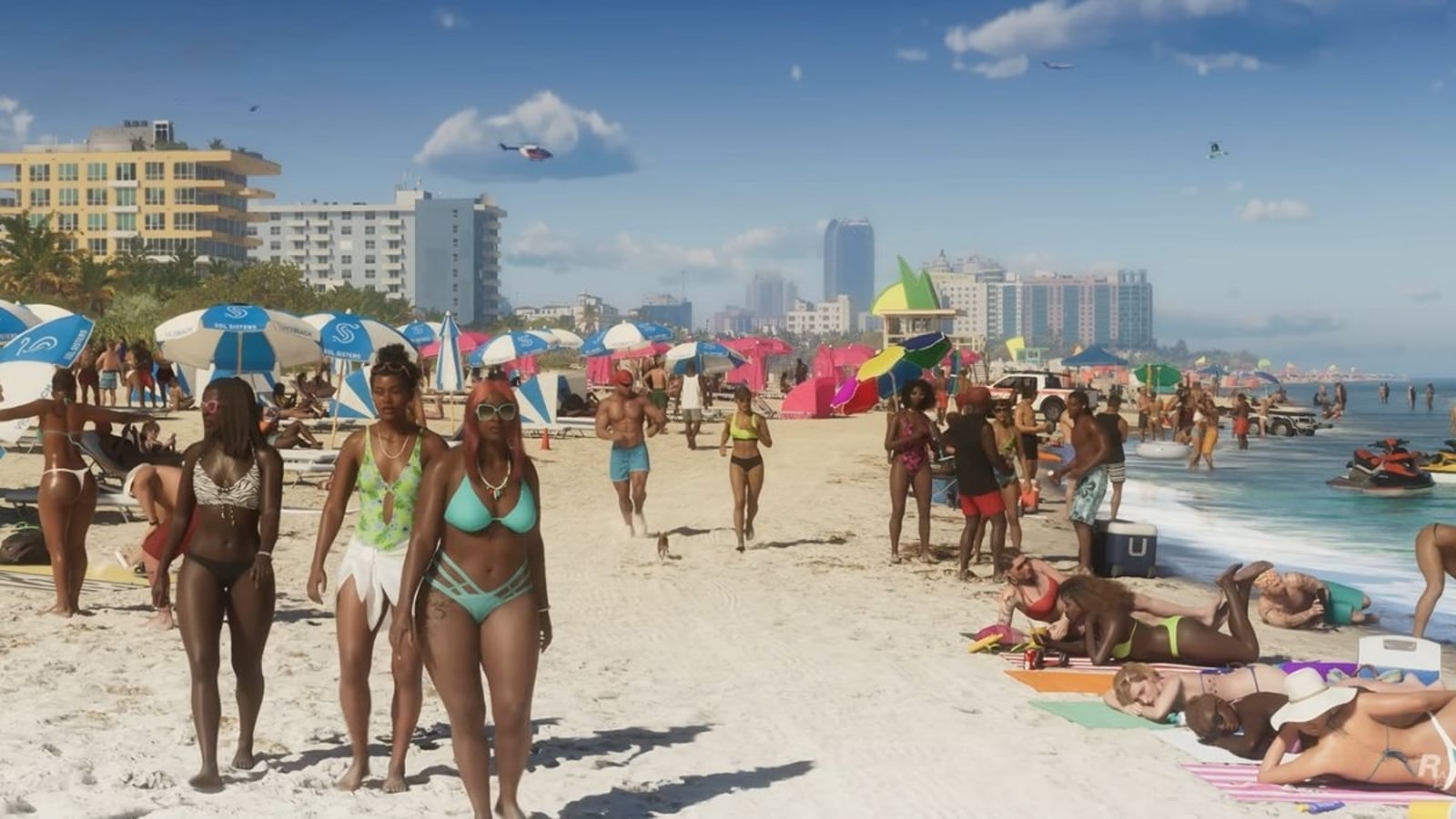Top officials from more than 40 countries, including some with strong links to Russia like China and India, gathered in Saudi Arabia this weekend to discuss how to end the war in Ukraine.
For Ukraine, the talks were part of a bid to win the support of dozens of countries that have remained on the sidelines of the war, further isolating Russia. The discussion did not have Russian participation and did not yield a formal declaration or statement.
And yet there was a glimmer of progress. China, which did not attend previous talks in June, was an active participant this time and signaled that it was willing to attend a third round of talks — one that could be a precursor to a meeting of heads of state, according to a European Union official.
Nearly 18 months after Russia’s full-scale invasion of Ukraine, diplomatic efforts to end the fighting have produced few concrete results. One of the few tangible agreements was brokered by the United Nations and Turkey. But that deal, which allowed Ukraine to transport grain across the Black Sea, now lies in tatters, another sign that President Vladimir V. Putin of Russia is digging in for an extended conflict.
Part of the reason that peace talks have failed so far is that both Ukraine and Russia are focused on grinding out territorial gains on the battlefield. And as the war has stretched on, the fighting is spreading, with Ukraine openly taking credit for attacks deep behind Russian lines. Attack drones are becoming an increasingly frequent sight in Moscow.
President Volodymyr Zelensky of Ukraine has proposed a 10-point plan that would hold Russia accountable for war atrocities, and require it to surrender all captured Ukrainian territory and pay what could be hundreds of billions in reparations for war damage, demands the Kremlin flatly rejects.
Maria Zakharova, a spokeswoman for Russia’s foreign ministry, said in a statement on Monday that Russia would discuss the results of the talks with other BRICS nations — an acronym encompassing Brazil, Russia, India, China and South Africa — that participated in the meeting. She described Mr. Zelensky’s proposal as “a senseless ultimatum to Russia,” aimed at “prolonging hostilities.”
Even so, the gathering in Jeddah, a Saudi port on the Red Sea, focused on some elements of Mr. Zelensky’s plan. The participants, the E.U. official said, agreed to start working groups to address issues including global food security, nuclear safety, environmental security, humanitarian aid, the release of prisoners of war and the return of children separated from their families.
Over the last two days, Mr. Zelensky’s chief of staff, Andriy Yermak, held bilateral meetings with representatives of more than 30 countries. On the messaging app Telegram, he listed many nations: the United States, Britain, Germany, Turkey, South Korea, Saudi Arabia and South Africa. He did not say whether he met with representatives from China or India.
Mykhailo Podolyak, a senior adviser to Mr. Zelensky, said Monday that the “only basic ‘foundation for negotiations’” was the Ukrainian president’s proposal. “There can be no compromise positions,” he added in a post on social media.
Matina Stevis-Gridneff contributed reporting.

























